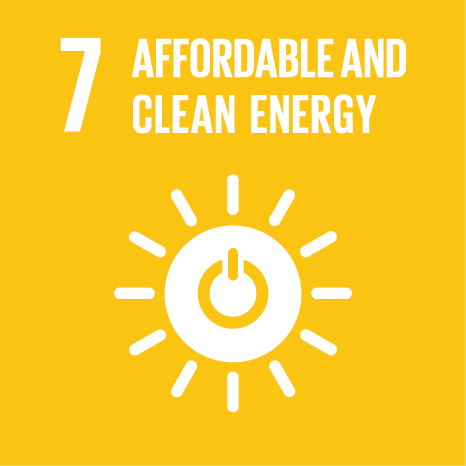Ciência_Iscte
Publications
Publication Detailed Description
Journal Title
Science
Year (definitive publication)
2024
Language
English
Country
United States of America
More Information
Web of Science®
Scopus
Google Scholar
Abstract
Energy security is a top priority for governments, companies, and households because energy systems and the critical functions that they support are threatened by disruptions from wars, pandemics, climate change, and other shocks (1). More often than not, governments rely on policies focused on energy supply to enhance energy security while generally ignoring demand-side possibilities. Further, the indicators traditionally used to measure energy security are also tilted toward the supply side; this fails to capture the full spectrum of vulnerability to energy crises. Energy security assessments need to reflect the wider benefits of security-related interventions more accurately. To that end, we develop a systematic approach to measuring the energy security impacts of policy interventions that explicitly considers energy demand (buildings, transport, and industry). We determine that demand-side actions outperform conventional supply-side approaches at making countries more resilient.
Acknowledgements
--
Keywords
Fields of Science and Technology Classification
- Economics and Business - Social Sciences
- Social and Economic Geography - Social Sciences
Funding Records
| Funding Reference | Funding Entity |
|---|---|
| PTDC/GES-AMB/0934/2020 | Fundação para a Ciência e a Tecnologia |
Related Projects
This publication is an output of the following project(s):
Contributions to the Sustainable Development Goals of the United Nations
With the objective to increase the research activity directed towards the achievement of the United Nations 2030 Sustainable Development Goals, the possibility of associating scientific publications with the Sustainable Development Goals is now available in Ciência_Iscte. These are the Sustainable Development Goals identified by the author(s) for this publication. For more detailed information on the Sustainable Development Goals, click here.

 Português
Português



